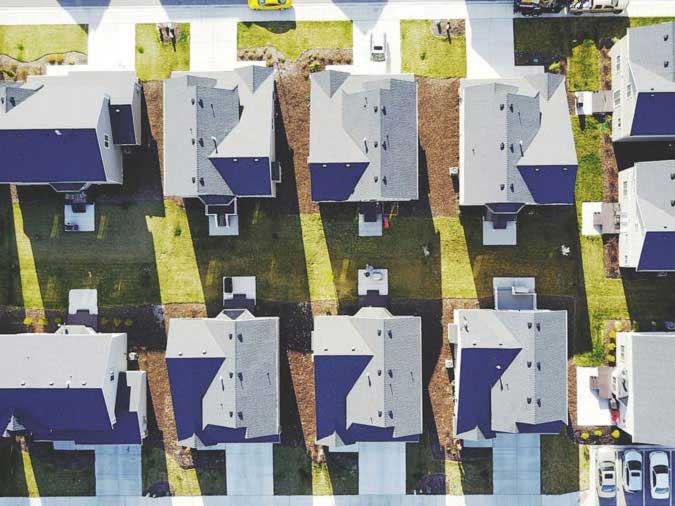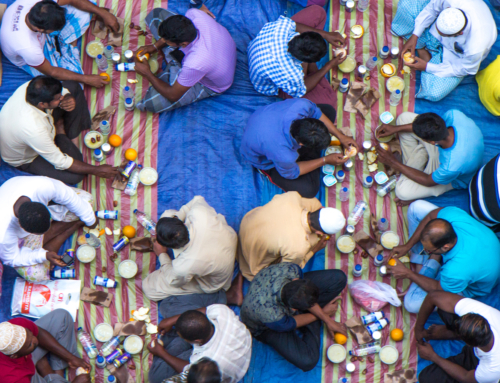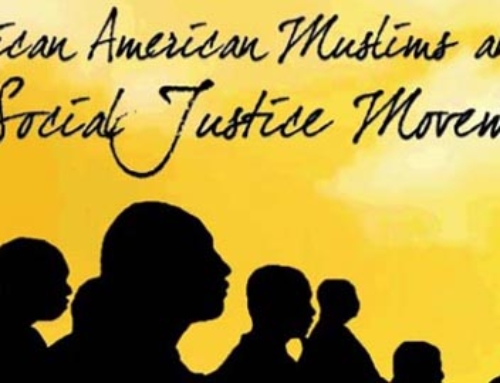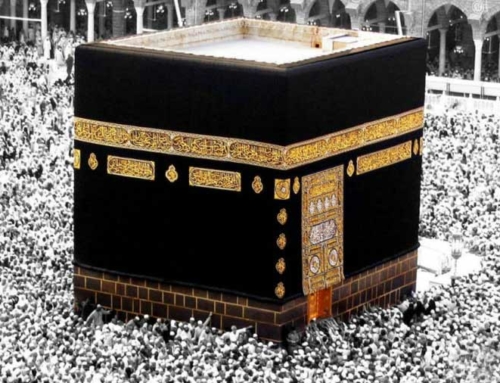“It (Islam) replaced monkishness by manliness. It gives hope to the slave,
brotherhood to mankind, and recognition of the fundamental facts of human nature.”
[Canon Taylor, Paper read before the Church Congress at Walverhamton, Oct. 7, 1887,
Quoted by Arnond in The Preaching of Islam, pp. 71-72.]
Islam, the world’s fastest growing religion, encompasses all aspects of a human’s life. While it focuses on one’s direct relationship with God, it also emphasizes more mundane things such as interpersonal relations, ethics of business conduct, and maintaining a social equilibrium as presented in the Quran and the traditions of the Prophet Muhammad.
Hence, a person’s relationship with the surrounding society plays an exceptionally important role within Islam – from giving due rights within a family to impeccable treatment of neighbors, from ensuring that one’s income is through lawful means to giving charity to the poor, and from advocating the rights of the oppressed to dealing justly with people irrespective of caste, race, or religion.
Not surprisingly, then, you will find that the individual, family, and society are oft-repeated themes, interwoven in the larger fabric called Islam. The individual is encouraged to first develop his/her own self, then devote him/herself to the growth of the family, leading to a more meaningful and useful interaction with the greater society, aspiring to create righteous communities. This interdependency reinforces the human’s responsibility towards fostering positive, healthy, and just societies. The Quran beautifully encapsulates the essence of this concept in the following verse:
“Let there arise out of you a group of people inviting to all that is good, enjoining what is right, and forbidding what is wrong: they are the ones to attain success.” [3:104]








